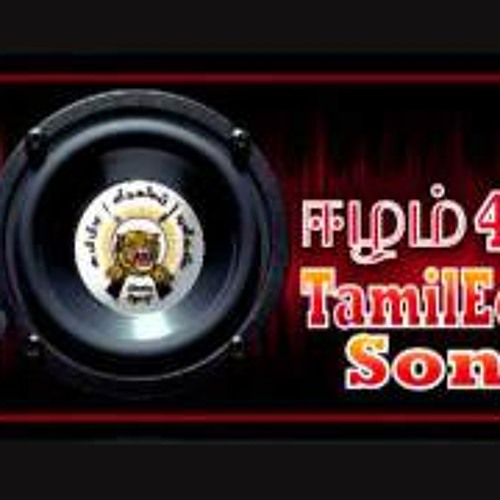

It also overestimated the Chinese capacity to deepen or expand its influence in the region and misconstrued playing the China card, which was to act as a counterweight against India. The government has failed to defend itself against two successive resolutions at the UNHRC and compromised its goodwill with India for China hoping that latter would shield it from international criticisms. Despite attempts at political manoeuvring to evade international pressure, GoSL continues to lose its human rights battle along with loss of political legitimacy at home and abroad. Of late, the Government of Sri Lanka (GoSL) has been facing ire from the international community on its accountability for human rights abuses and war crimes.

What seems very much palpable from the post-war socio-political developments is that the political issues related to ethnic Tamils have not been addressed adequately, rather they have been systematically subjugated. The bigger question is, whether the ethnic conflict was duly resolved with the end of LTTE or rather it descended into to a new phase. Sri Lankans were treated to a sight of mass army parade, which not only displayed military might but also meant to serve as a deterrent to dissident elements in the country. On 19, May 2013 Sri Lanka celebrated the ‘War Heroes Day’ to commemorate its military victory over the Liberation Tigers of Tamil Eelam (LTTE), which was brutally decimated four years ago.

It explores how the social media has transformed the ethnic conflict within the new realm of cyberspace and the impact on post-war Sri Lankan ethnic question. This essay examines the role of social media in shaping the post-war political developments in Sri Lanka as well as the ethnic question of Tamils.


 0 kommentar(er)
0 kommentar(er)
